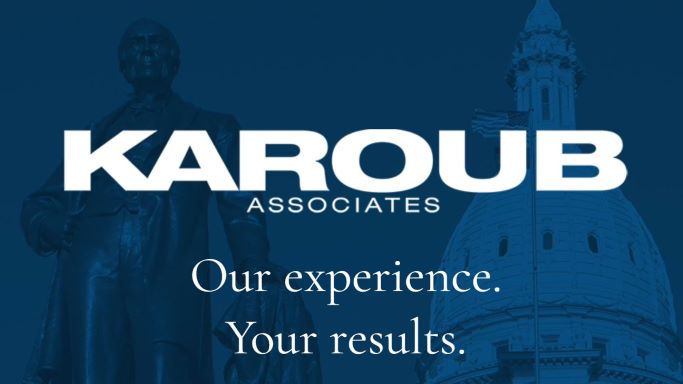The Michigan Legislature has scheduled limited floor activity for the remainder of the year. Both chambers are expected to be in session for two weeks in November and the second and third weeks of December before adjourning for the holidays. In November, lawmakers are anticipated to focus on time-sensitive legislation, wrapping up budget-related adjustments and considering pending policy priorities before the end of 2025.
Last week, a Michigan Court of Appeals panel ruled the House of Representatives must transmit nine bills passed during the 2024 lame-duck session to Governor Gretchen Whitmer. This ruling reaffirms the Legislature’s Constitutional requirement to present approved legislation for executive review. House Bills 4177, 4665, 4666, 4667, 4900, 4901, 5817, 5818, and 6058 of 2024 passed both chambers late last year. The Senate returned the bills to the House for enrollment and to send to the Governor, but they remain unresolved due to a transition between legislative sessions. Included in these bills are provisions to allow: Corrections Officers to join the state retirement system; provide support for the Detroit Historical Museum; and strengthen legal protections for individuals in bankruptcy. Since the Michigan Constitution does not establish a specific timeline for presenting bills to the governor, the Appeals panel ruling returns the case to the Court of Claims to determine timing.
Constitutional requirement to present approved legislation for executive review. House Bills 4177, 4665, 4666, 4667, 4900, 4901, 5817, 5818, and 6058 of 2024 passed both chambers late last year. The Senate returned the bills to the House for enrollment and to send to the Governor, but they remain unresolved due to a transition between legislative sessions. Included in these bills are provisions to allow: Corrections Officers to join the state retirement system; provide support for the Detroit Historical Museum; and strengthen legal protections for individuals in bankruptcy. Since the Michigan Constitution does not establish a specific timeline for presenting bills to the governor, the Appeals panel ruling returns the case to the Court of Claims to determine timing.
The state legislature is considering many options to strengthen Michigan’s long-term economic competitiveness to support business growth, innovation, and job creation. House Bills 5100 and 5101 would create a state-level research and development (R&D) tax credit designed to spur private-sector innovation and collaboration with universities. Senate Bills 631 and 636 would end the Michigan Strategic Fund (MSF) — a key vehicle for administering incentive programs — and replace it with legislation focused on more accountability. Senate Bills 486 through 491 would repeal the SOAR Fund, which supported several large-scale electric vehicle and battery manufacturing projects. Criticism of SOAR focuses on limited public oversight and inconsistent return on investment.
For more on these Michigan legislative issues, please click here for the November 2025 Karoub Report.
